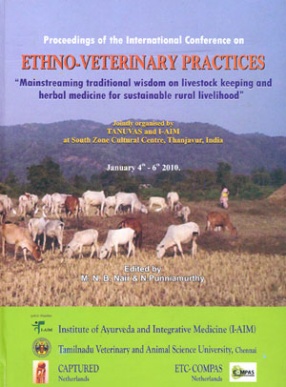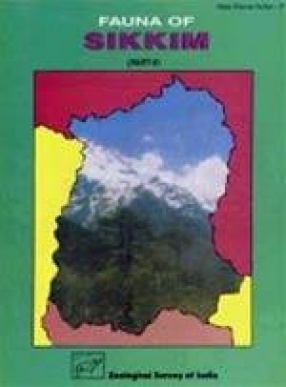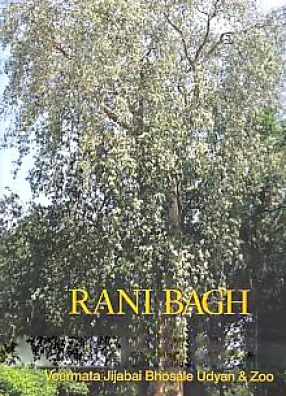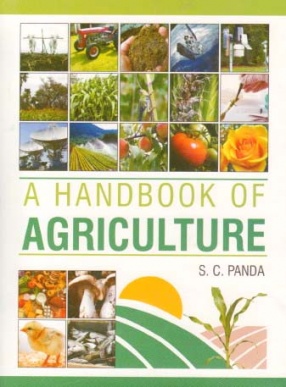Domesticated livestock and human communities have had a long association in all societies. Due to the long association of human beings and livestock very rich and diverse ethno-veterinary traditions have been created and are as old as the domestication of various livestock species. Veterinary science in India has a documented history of around 5000 years. In rural India, animal husbandry is an integral part of the family and plays an important social, religious and economic role. The healers are also skilled and specialized in the treatment of simple to complex conditions such as bloat, maggot wounds, repeat breeding, retention of placenta, mastitis, poisonous bites, eye diseases and bone fractures. These healers mainly are well versed in the use of locally available medicinal plants and a few of the bought out raw drugs from the local raw drug stores.
Both the folk and codified traditions have effective and time-tested practices dealing with the healthcare of animal. India’s veterinary traditions which have both theoretical and practical content are living traditions. They provide safe, cost-effective and efficacious solution for livestock health, to millions of rural households. This book contains papers presented in the International conference on EVP held at TANUVAS thichirapalli.





There are no reviews yet.